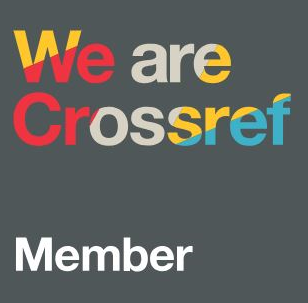Barriers to Skilled Delivery among HIV Positive Women in Kakamega County of western Kenya
DOI:
https://doi.org/10.62103/unilak.eajst.9.9.114Keywords:
Skilled delivery, HIV positive mothers, heath facilityAbstract
Childbirth at health facilities reduces maternal mortality, improves fetal outcomes and reduces mother-to-child transmission of HIV. Home delivery is associated with increased maternal and neonatal complications and death. This cross-sectional study targeted 360 HIV positive mothers attending HIV comprehensive care centers in Kakamega County in Kenya. Structured questionnaires were used to collect data from participants while qualitative data was collected by interview guide. The collected data were statistically analyzed by use of Statistical Package for Social Sciences (SPSS). Chi square test was performed to establish the association between the variables. The results indicated that 55.6% of respondents were married, 55.8% of them knew their HIV status through a visit to Antenatal clinic (ANC) while 28% were prompted by sickness. This study indicated that knowledge of HIV status, education status and marital status had significant (P<0.05) associations with uptake of skilled delivery. Those with primary education and above were 0.72 times more likely to seek skilled delivery than those with no formal education (P< 0.05). Women who attended ANC clinic were 0.62 times more likely to seek skilled attendance (P < 0.01, 95% CI: 0.08 – 4.82). Effectiveness of skilled delivery among HIV positive women rests not only on well functioning health systems but also on the interplay between social and operational factors. Therefore, interventions on improvement of skilled delivery should focus on specific programs that empower women economically, promote early ANC, foster girl child education, build capacities of the health-care workforce to provide services free from stigma and discrimination.








